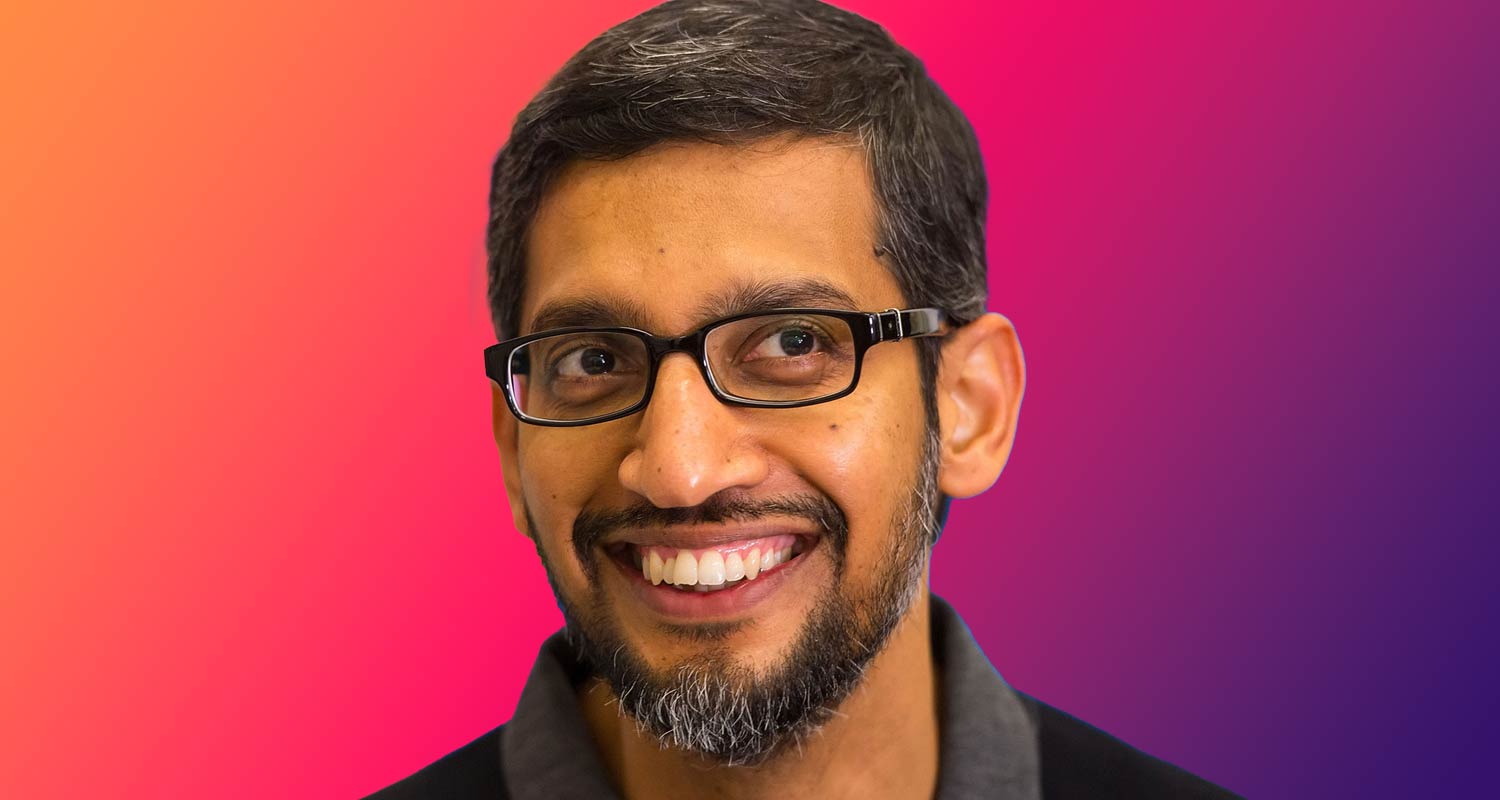
Google CEO Sundar Pichai said it will take many years to resolve Google’s antitrust battles, downplaying the idea that they pose an immediate threat to the company’s business.
“It’s going to take time for it to play out,” Pichai said in an interview for an upcoming episode of The David Rubenstein Show: Peer to Peer Conversations. “Where we think it really harms our ability to innovate on behalf of our users, we are going to be vigorous in defending ourselves.”
Google is embroiled in two separate antitrust trials brought by the US justice department, which alleges the tech leader illegally dominates the digital advertising market and online search. The ads trial kicked off in court this month. In the search case, which Google lost, judge Amit Mehta said he aims to iron out the final issues by August.
“We definitely disagree with the ruling, but it’s still in the middle of the remedies phase,” Pichai told Rubenstein, referring to the part of the legal process where a court determines the solution to Google’s market dominance. “And you know, we will appeal and this process will likely take many years.”
The government’s timeline for legal action contrasts with particularly fast-paced changes in the technology industry, which the justice department is considering as part of its analysis. Already, Google is working quickly to develop a strong position in artificial intelligence. By the time both of the current cases conclude, the industry will have evolved dramatically.
Break-up
It could be months before judge Leonie Brinkema makes a decision on the ads case, which alleges Google violated antitrust law by building a monopoly over web advertising technology. If the government wins, it aims to break up the company and force it to sell some of its assets. Google would likely appeal that decision, arguing that it has competed fairly against rivals like Facebook and Amazon.com.
To explain how long appeals can take, Pichai pointed to Google’s victory against a €1.5-billion antitrust fine in the EU general court last week — more than four years after it was levied. — Alicia Clanton, (c) 2024 Bloomberg LP




